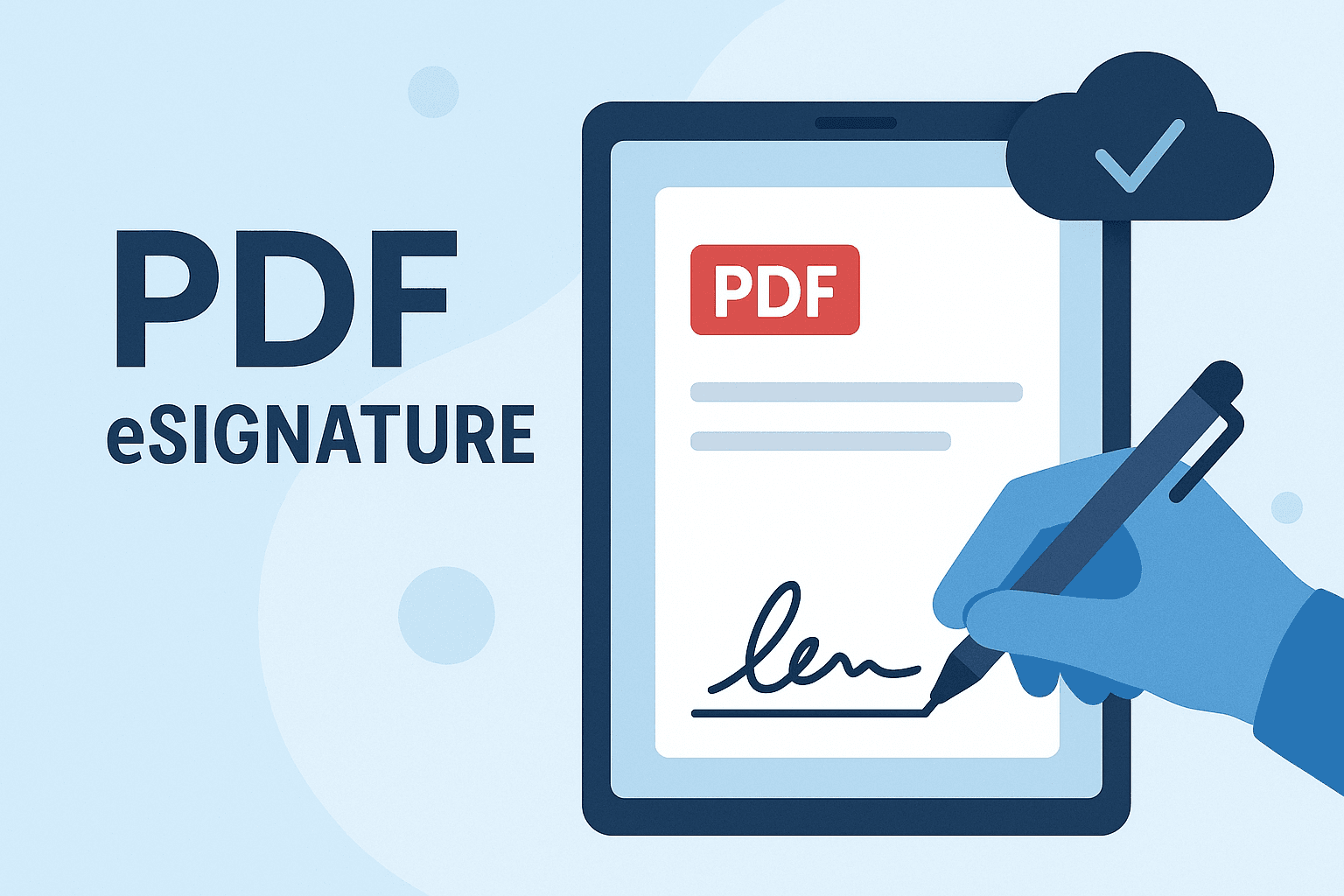How do I create my digital signature?





How Do I Create My Digital Signature?
In today’s fast-paced digital world, businesses and individuals are increasingly embracing digital solutions to streamline workflows, increase efficiency, and reduce dependency on paper-based transactions. Among these solutions, digital signatures play a critical role in verifying documents, authorizing agreements, and ensuring the legitimacy of records online. But how exactly do you create your own digital signature—especially in a compliant way that satisfies local legal frameworks?
In this article, we’ll cover everything from what a digital signature is and how it differs from an electronic signature, to how you can create a digital signature yourself, all while considering important legal compliance aspects, particularly for users in Hong Kong and Southeast Asia.
What Is a Digital Signature?
A digital signature is a cryptographic mechanism that is widely used to validate the authenticity and integrity of digital messages or documents. Unlike a simple electronic signature (like typing your name in a text box), a digital signature uses advanced encryption algorithms to create a unique fingerprint for each document. This ensures that the document has not been tampered with and verifies the identity of the signer.
In legal contexts, and according to national legislation such as Hong Kong’s Electronic Transactions Ordinance (Cap. 553) or Singapore’s Electronic Transactions Act, digital signatures must meet certain criteria to be considered legally valid. This includes identity verification processes, secure key usage, and time-stamping mechanisms.

Step-by-Step Guide: How to Create Your Digital Signature
Creating a digital signature is easier than you might think. Here’s a simple step-by-step guide to help you get started.
Step 1: Choose a Trusted Digital Signing Platform
To ensure compliance and data security, it is essential to use a trusted digital signature provider. Platforms like Docusign, Adobe Sign, and eSignGlobal provide robust digital signature services that comply with Hong Kong, Singapore, and other Southeast Asian regulations. Make sure the provider issues certificates from a recognized Certificate Authority (CA).
When selecting a platform, always verify that it complies with your local data privacy laws, such as Singapore’s PDPA or Malaysia’s Digital Signature Act 1997.
Step 2: Register and Verify Your Identity
To maintain the legal integrity of your digital signature, most platforms require a one-time identity verification process. You may need to provide:
- Government-issued identification (e.g., passport or ID card)
- Business registration documents (for corporate users)
- Phone or email verification
This step is vital, especially in jurisdictions like Hong Kong where the identity of the signer must be verifiable for legal or commercial digital transactions.

Step 3: Generate a Digital Signature Certificate
Once your identity is confirmed, the platform will issue a digital certificate. This certificate contains your verified identity information and is often valid for one or more years, depending on the platform or local laws.
In Southeast Asia, these certificates must adhere to standards such as PKI (Public Key Infrastructure) and be issued by regulators-approved Certification Authorities. For example:
- In Thailand, digital signatures are governed by the Electronic Transactions Act B.E. 2544 (2001).
- In Vietnam, they must comply with Decree 130/2018/ND-CP.
Step 4: Create and Save Your Digital Signature
Once your digital certificate is active, you can start creating digital signatures on PDF files, business contracts, tax forms, and more. Most platforms offer features such as:
- Drag-and-drop signature fields
- Form filling
- Date/time stamps
- Tamper-evident seals
Many services also allow you to save your signature and document templates for reuse, improving workflow efficiency.

Step 5: Sign Documents and Share Securely
Now, you’re ready to use your digital signature. Simply upload a document, apply your signature, and send it to the concerned parties. Most platforms offer audit trail features for tracking document activity, ensuring accountability.
For businesses with international operations, it’s important to note that many countries now recognize digital signatures, provided they meet compliance criteria laid out in global agreements such as the UNCITRAL Model Law on Electronic Commerce.
Legal Considerations and Local Regulations
Different countries and regions emphasize varied compliance requirements for digital signatures to be recognized as legally binding. In Hong Kong, for example, the Electronic Transactions Ordinance requires that certified digital signatures be supported by recognized certification authorities.
Similarly, Indonesia’s Electronic Information and Transactions Law (Law No. 11 of 2008) recognizes digital signatures when backed with reliable certification. Businesses targeting Southeast Asian markets must ensure the platform they use meets these country-specific compliance rules.

Digital Signature vs. Electronic Signature: Know the Difference
While often used interchangeably, there is a clear technical and legal distinction between digital signatures and electronic signatures.
- An electronic signature can be as simple as a scanned image or typed name and may not offer encryption.
- A digital signature involves advanced encryption methods, secure certificates and is more likely to hold up in court or legal processes.
Always verify what kind your contracts require, especially when dealing with cross-border or governmental documents.
For Hong Kong & Southeast Asia: Why Choose eSignGlobal?
If you’re based in Hong Kong or Southeast Asia and require a digital signature solution that complies with local laws, eSignGlobal offers a reliable alternative to global giants like Docusign. It provides localized compliance support, regional Certificate Authority integration, and full audit trails—ensuring legal enforceability and peace of mind.
Whether you’re managing cross-border contracts or internal workflows, eSignGlobal adapts smoothly to local regulatory needs, including data residency and language localization.

Final Thoughts
Creating a digital signature is a practical and necessary step in modern business. From verifying identities to securing sensitive agreements, digital signatures offer unmatched levels of security, legal validity, and operational convenience.
By choosing a trustworthy platform that aligns with your local legal frameworks, such as eSignGlobal for Hong Kong and Southeast Asia users, you not only simplify your workflow but also ensure regulatory compliance and uphold document integrity.
Are you ready to begin your digital transformation? Start by choosing a compliant, user-friendly platform today and take the first step toward secure, paperless productivity.

 Only business email allowed
Only business email allowed


